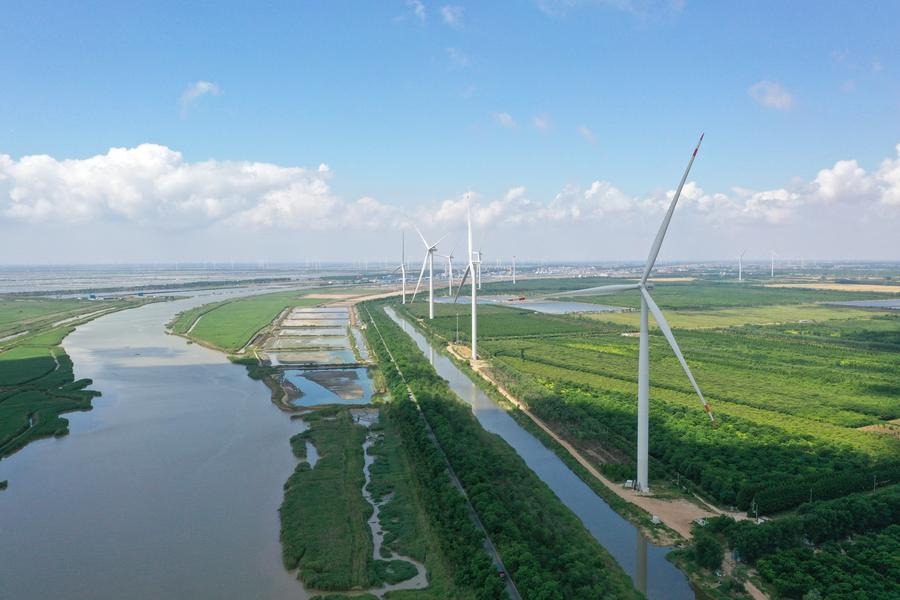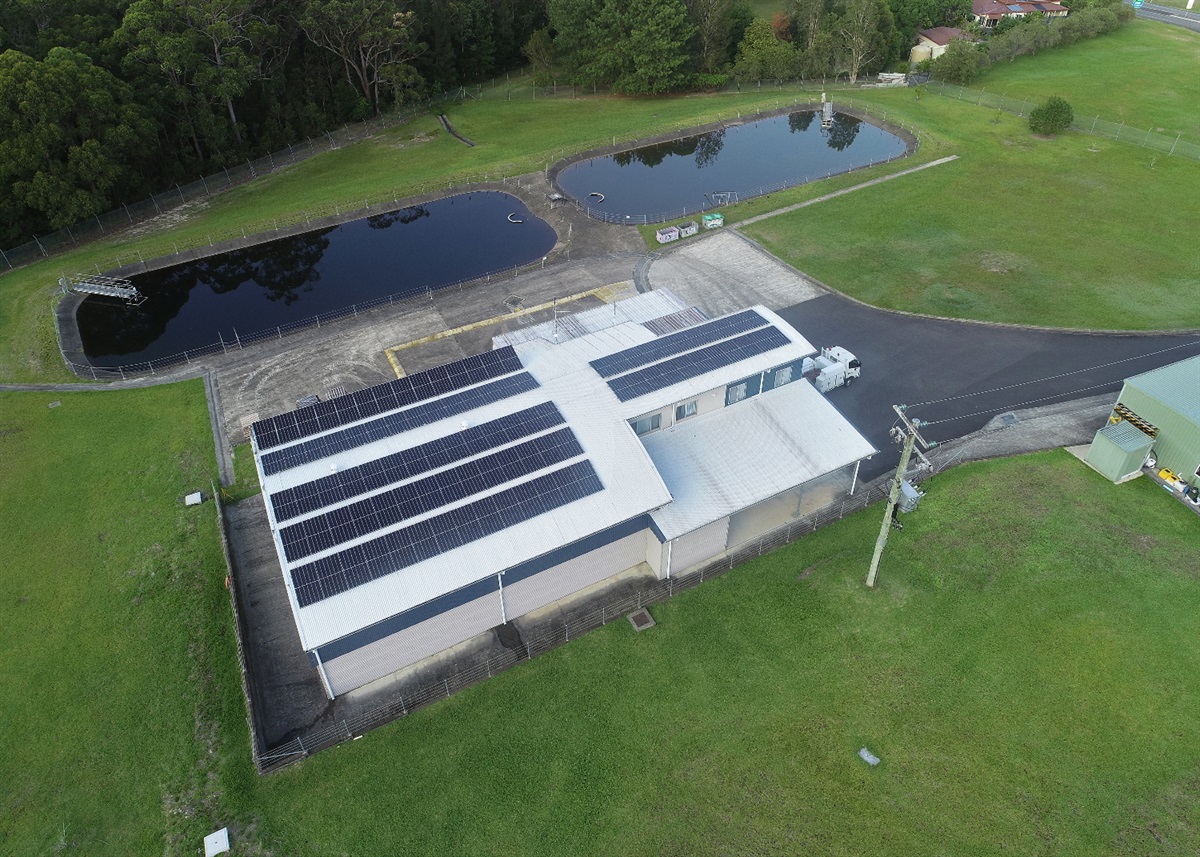Berlin-based renewable energy firm Q Energy has obtained €50 million in debt financing to finalize construction of Europe’s largest floating solar farm, which is set to begin operations next year. The solar farm, currently being built on a former quarry site in the Haute-Marne region of France, will feature 134,649 floating solar panels covering an area equivalent to 180 football pitches. Once completed, the 73MW array will generate enough electricity to power around 37,000 homes, according to Q Energy’s estimates.
The Rise of Floating Solar Farms
Floating solar farms, or “floatovoltaics,” operate similarly to land-based solar arrays but are installed on water. Panels are mounted on buoyant platforms and anchored to the water body’s bottom with cables. Though they represent a small fraction of global solar energy generation, the capacity of floatovoltaics has surged from 68MW in 2015 to over 3GW in 2022. These systems offer distinct advantages, such as increased efficiency due to the cooling effect of water and reduced evaporation from the water body they cover. Most importantly, floating solar panels do not occupy land, addressing concerns about land use in the push for renewable energy.
Floating Solar’s Growing Global Presence
The expansion of floating solar has been most prominent in densely populated regions of East Asia. The world’s largest floating solar farm, the Dezhou Dingzhuang array in China, has a peak output of 320MW, while South Korea is building a 2GW floatovoltaics park capable of powering approximately 1 million homes. In Europe, the Netherlands leads in floating solar development, with 500,000 panels installed on various lakes and plans for offshore floating solar platforms. As floating solar technology advances, its market value is projected to rise from $4 billion in 2022 to $54 billion by 2032.
The Future of Floating Solar in Europe
Q Energy’s floating solar farm is a significant step in Europe’s renewable energy efforts, but its title as the continent’s largest may be short-lived given the rapid growth of the sector. Several other projects are underway in countries like Portugal, Spain, Germany, and Greece, indicating a strong momentum toward utilizing water bodies for solar energy generation. As countries aim to decarbonize, floating solar presents a promising solution, especially for land-scarce regions, by harnessing the power of existing water reservoirs and reducing the need for additional land use.
Source: thenextweb.com





